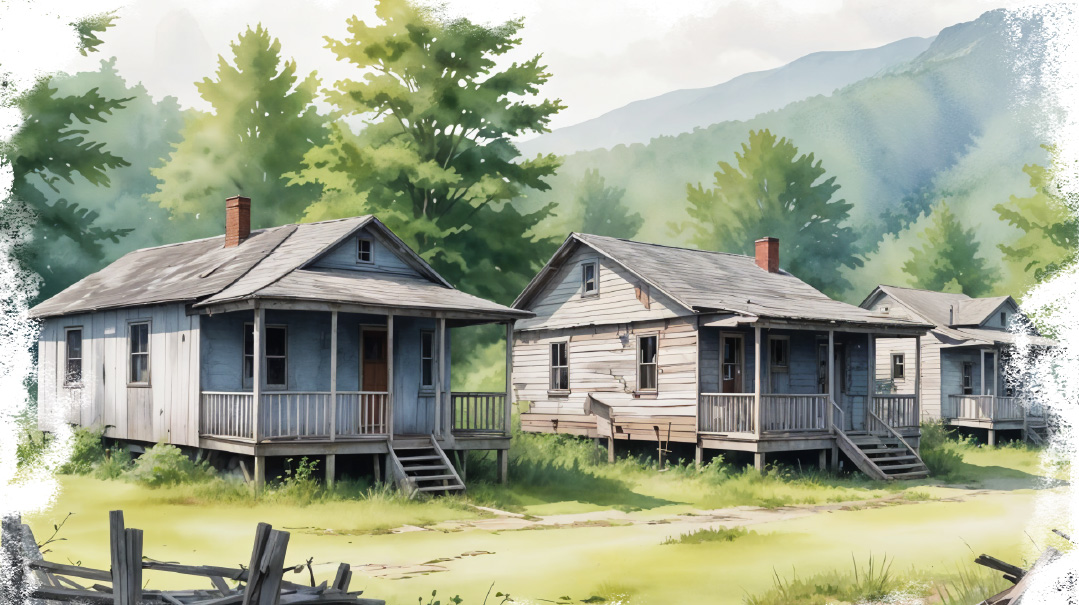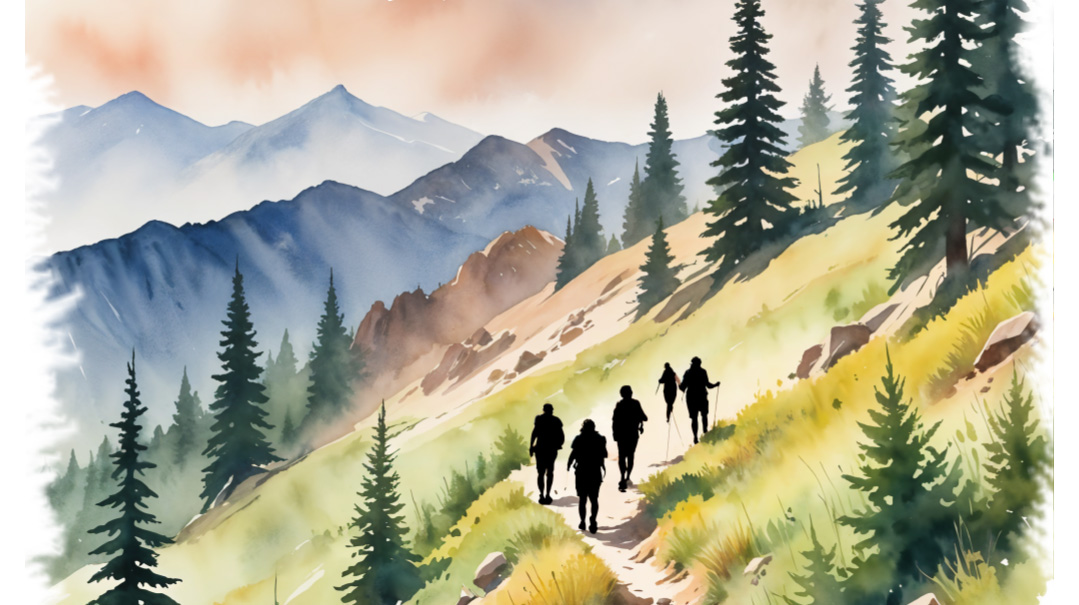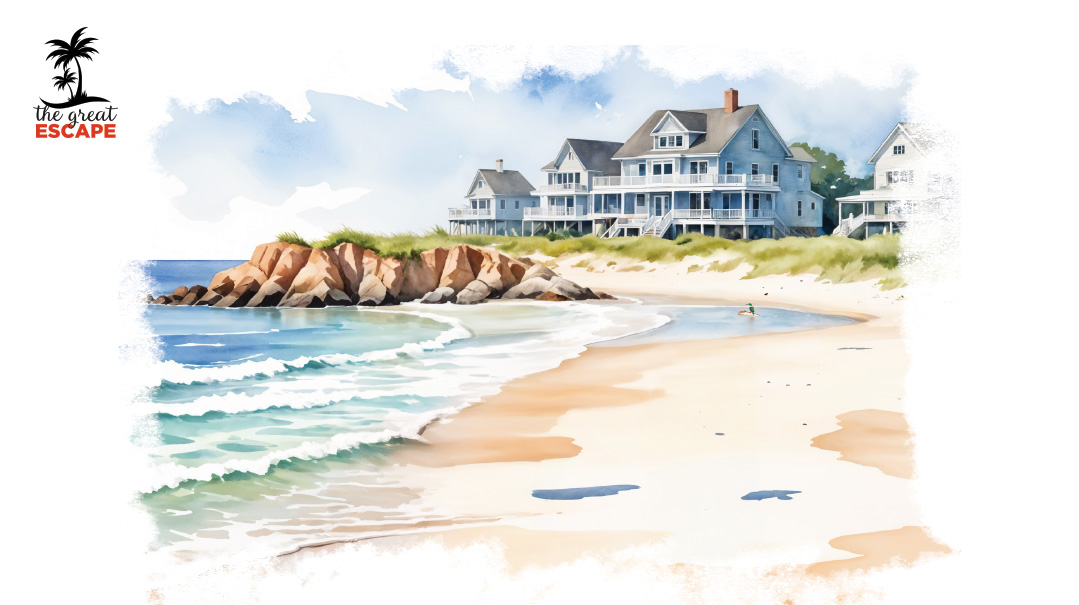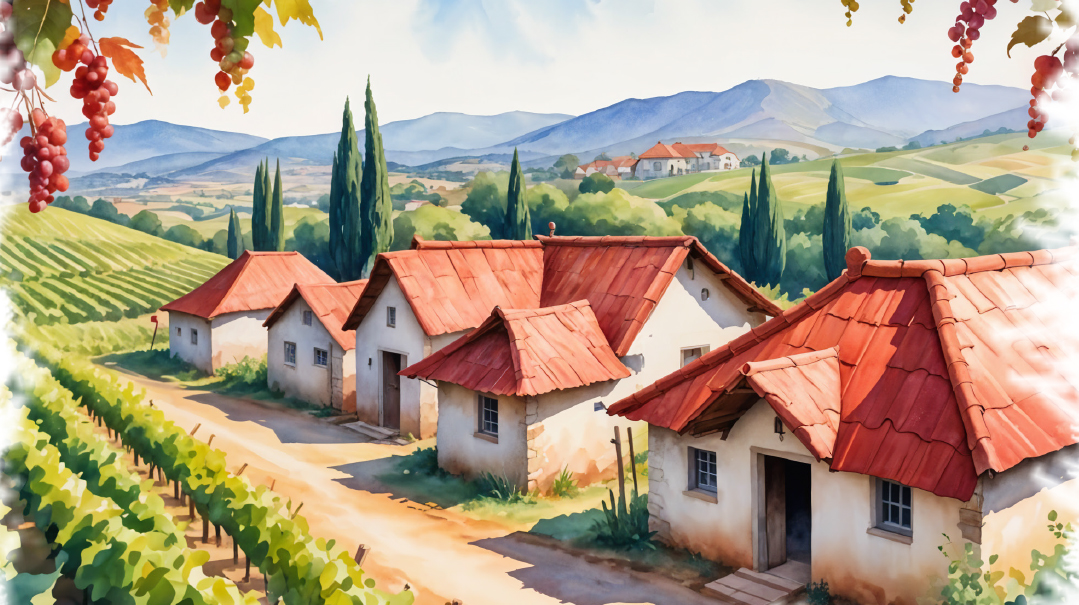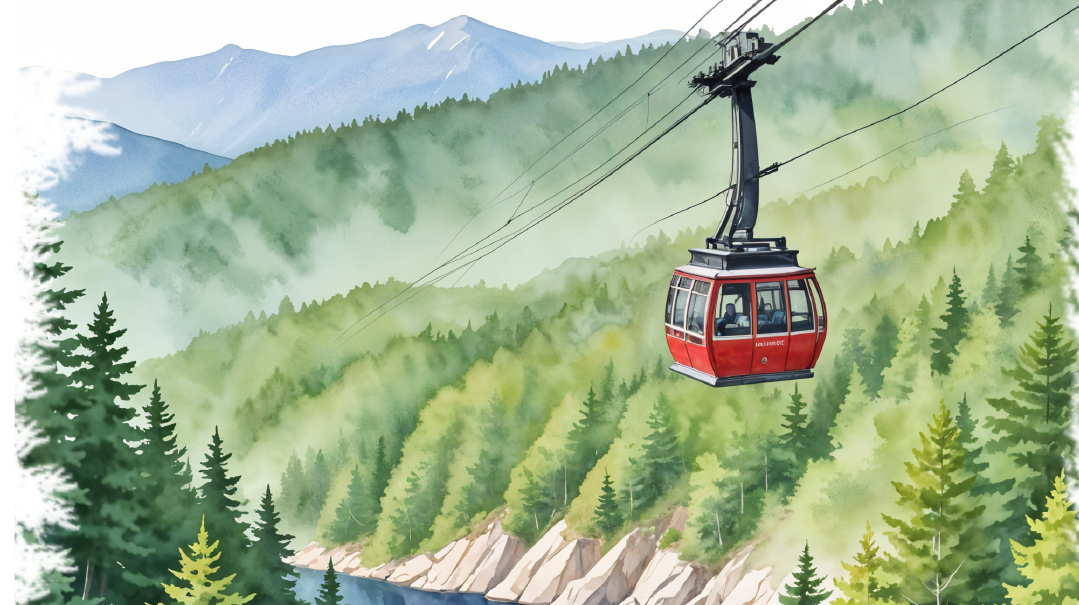Gone West
| July 9, 2024Mishpacha contributors share accounts of those special summers disconnected from the grind
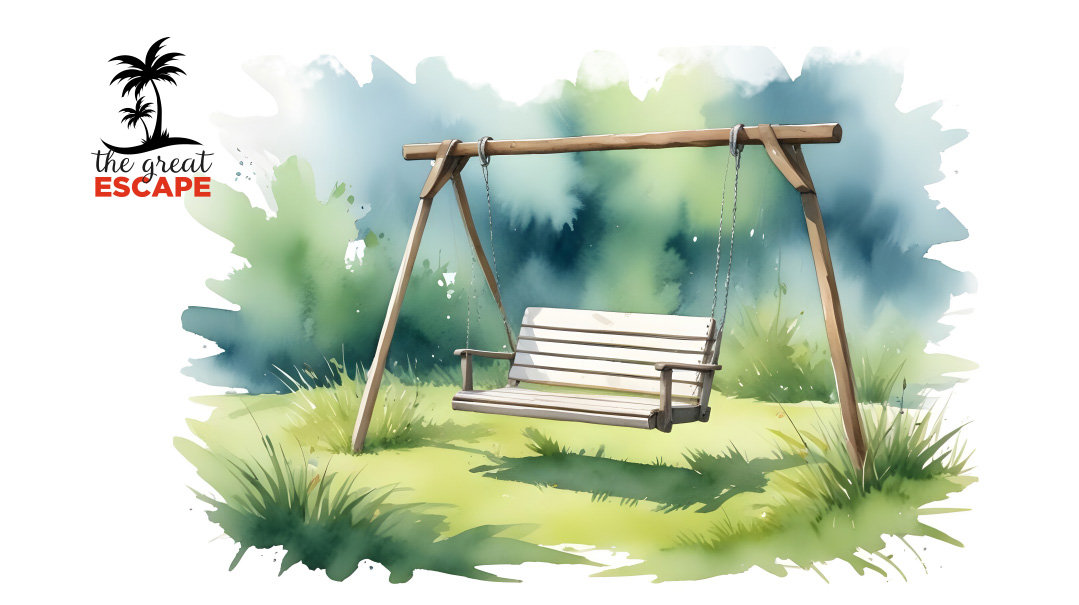
Location: Phoenix, Arizona
Years: Early 2000s
That relaxing stillness of vacation — the pre-dawn hikes, the lazy Phoenix afternoons — followed us everywhere. Nothing had to get done, no homework, no friend drama, none of the pressures of a budding teenager.
Today was too long — too many slipups with my kids and too much drama in my work life and too many meals to cook and serve and clean. I need a break. I need a disconnect. I need my sister.
My fingers work from muscle memory — how many times did I go down this route as a teenager and then as a young adult?! — and “Flights to Phoenix” shows up in the search bar, as if of its own volition.
Maybe you’ve heard of Phoenix? But I’m not talking about extravagant Pesach hotels. I’m not talking about the cute vacation destination where you stay so you’re a short drive from the Grand Canyon or Sedona’s famous red rocks, or where you pay to ride a camel and take a picture next to a cactus. I’m talking about my second home.
My sister Cindy and her husband Rabbi Raphael Landesman moved to Phoenix in May of 2000 as kiruv pioneers, to build an oasis of Torah in the literal desert. I was just starting middle school, and what this meant for my family in Woodmere, New York, was that we now had a reason to go west.
The first few times we made the trip, we did all the regular tourist attractions: Castles N’ Coasters mini-golf, motorboating on Lake Pleasant, Jeeping through the Sedona desert. But after a few visits, it got old — actually, it got normal. For us, Phoenix became a place to reconnect with family and to chill — in 110-plus degree weather (but it’s a dry heat, right? For the record, so is your oven).
The day I discovered that kids between the ages of 11 and 15 could fly as unaccompanied minors was a game changer. It meant I, the youngest in the family, could leave my parents and older siblings, who hated the heat or had other obligations back home, and visit Phoenix alone.
Soon it became a minhag of sorts: I would spend the first half of the summer out west with Cindy followed by a few weeks in camp. So strong was this tradition that when I got married, I made sure to bring my new husband to Phoenix to meet the community members who over the years had become a part of my life.
Oops! We could not locate your form.

